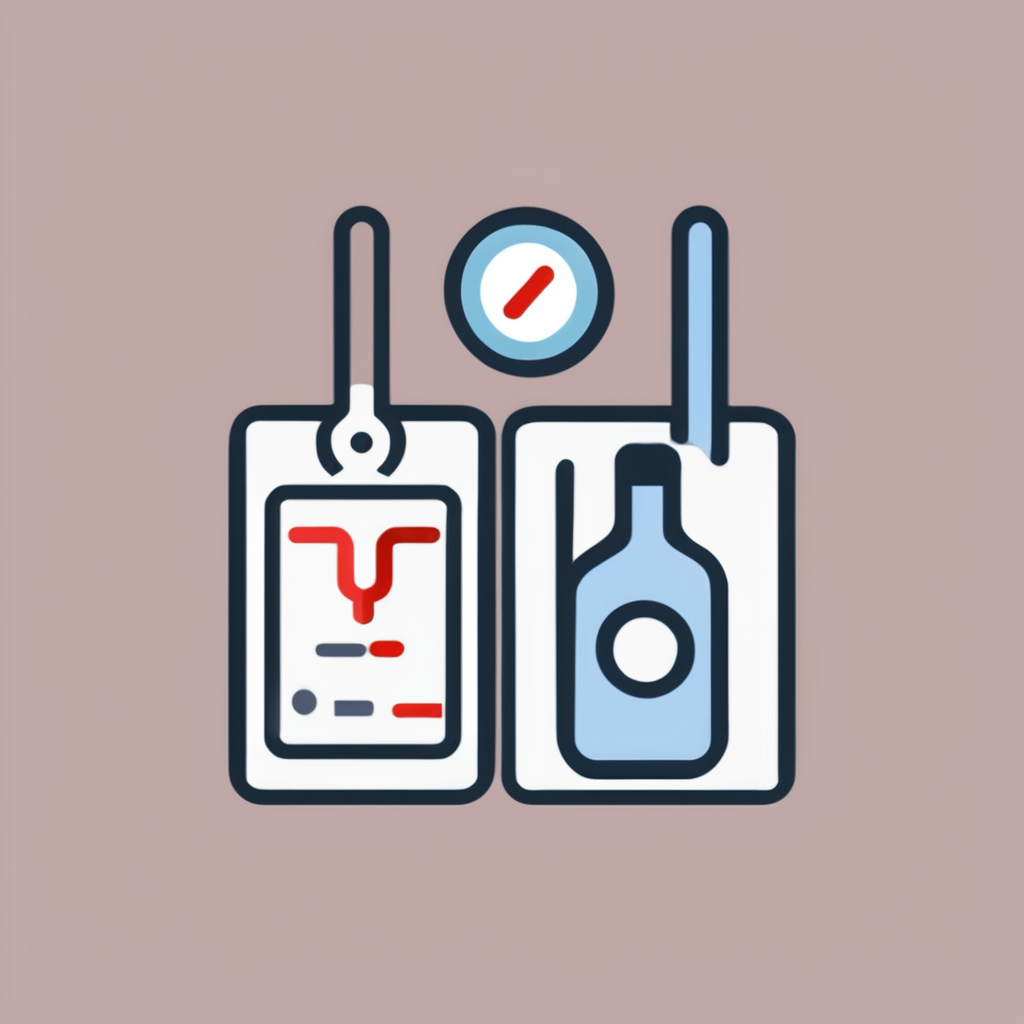Overview of UK Pregnancy Healthcare Support
The UK healthcare system ensures comprehensive pregnancy support primarily through the NHS services. From the moment pregnancy is confirmed, the NHS offers accessible, universal care tailored to meet the needs of each individual. This care includes regular antenatal appointments, essential screening tests, and guidance on nutrition and lifestyle to promote a healthy pregnancy.
The NHS’s role as the primary provider means healthcare is free at the point of use, removing financial barriers that might otherwise prevent timely care. This universal access encourages early and consistent engagement with maternity services, which is vital for detecting potential complications early. Additionally, NHS services extend support during labor, delivery, and postnatal care, emphasizing continuity and safety for both mother and baby.
Additional reading : What are the key differences in prenatal care across the UK regions?
In the UK healthcare system, the focus on accessible and comprehensive pregnancy support highlights the commitment to improving maternal and infant outcomes. The range of NHS services available, from midwife-led clinics to specialist referrals, underscores how integrated and responsive care is designed to meet varying pregnancy needs effectively. This structure exemplifies a healthcare environment prioritizing well-being through accessible and expert-led support.
Pathways to Care: Accessing Pregnancy Health Services
Accessing pregnancy care begins with registering with NHS services. Once pregnancy is confirmed, typically by a GP, the next step is to register for antenatal appointments. These appointments are crucial for monitoring the health of both mother and baby throughout pregnancy.
In parallel : What are the safest ways to travel during pregnancy in the UK?
After confirmation, your GP will either provide initial antenatal advice or refer you directly to specialist maternity services or a local clinic. These clinics play an essential role in coordinating care, including routine scans and health checks. Registering with NHS early ensures you receive timely support.
Community healthcare providers further support pregnant women by offering accessible services close to home. They often provide vital education about pregnancy health, nutrition, and preparation for childbirth.
In summary, the pathway to care involves initial confirmation with your GP, registering with NHS services, and attending scheduled antenatal appointments. Utilizing local clinics and community healthcare networks makes the process smoother, ensuring comprehensive support during pregnancy. This structured approach helps optimize health outcomes by facilitating early detection and management of potential issues.
Antenatal Care and Routine Screenings
Pregnancy check-ups in the UK follow a structured schedule designed to monitor both maternal and fetal health effectively. Antenatal care typically begins with the booking appointment around 8-10 weeks, where essential health information is collected. Subsequent visits occur approximately every four weeks until 28 weeks, then every two to three weeks until 36 weeks, and weekly thereafter until birth.
Routine screenings during these appointments include blood tests, blood pressure monitoring, urine screening, and ultrasound scans. The first trimester screening checks for conditions like Down’s syndrome, while the 20-week anomaly scan assesses fetal development and detects abnormalities. Additional tests may be offered based on individual risk factors.
Personalised care planning involves collaboration between pregnant individuals, midwives, and GPs to tailor care according to medical history and personal preferences. This approach ensures antenatal care remains responsive and supportive throughout pregnancy. Understanding the schedule of pregnancy check-ups UK residents can expect helps in preparing for each stage, contributing to a positive pregnancy experience grounded in comprehensive, routine screenings.
Roles of Healthcare Professionals in Pregnancy
Pregnancy care involves a team of healthcare professionals to ensure the well-being of both mother and baby. The midwife role is central—they coordinate routine check-ups, monitor the pregnancy’s progress, provide education, and offer emotional support. Midwives serve as the main contact, especially for uncomplicated pregnancies, becoming a trusted guide throughout the journey.
The GP in pregnancy often acts as the first point of contact for early pregnancy concerns or non-routine issues. GPs provide general medical advice and manage existing health conditions that may affect pregnancy. When complications arise or specialized care is needed, the GP or midwife initiates specialist referrals within the NHS to obstetricians or other experts.
This process reflects the multi-disciplinary team approach in maternity care, combining skills from midwives, GPs, obstetricians, and sometimes paediatricians or mental health professionals. Such collaboration ensures that pregnancy is managed holistically, addressing physical, emotional, and social needs. By understanding the distinct responsibilities within this network, pregnant individuals can feel more confident in the support available.
Support for Physical and Mental Health During Pregnancy
Pregnancy brings physical changes and emotional challenges, making pregnancy mental health support essential. Many expectant mothers benefit from dedicated services aimed at maintaining both mental and physical wellness. NHS wellbeing services provide accessible support, including counselling, stress management, and specialist referrals tailored to pregnancy.
For physical health in pregnancy, regular check-ups monitor vital signs and fetal development, while guidance on nutrition and exercise improves overall wellbeing. These efforts help prevent complications and support a healthy pregnancy journey.
When additional help is required, clear pathways exist to access specialist care. Mental health concerns like anxiety or depression are addressed promptly through referrals, ensuring women do not face pregnancy struggles alone. Similarly, physical complications can be managed with expert input to guarantee the best outcomes for both mother and baby.
By combining routine care with specialised interventions, the NHS wellbeing services promote holistic health during pregnancy, helping women navigate this unique time with confidence and support. This integrated approach prioritises timely help, ensuring comprehensive care tailored to individual needs.
Pregnancy Health Policies and Patient Rights
Navigating maternity leave policy UK is crucial for expectant parents aiming to balance health and work. In the UK, statutory maternity leave guarantees up to 52 weeks off, with at least 39 weeks paid under qualifying conditions. This policy ensures pregnant individuals can focus on health without financial strain.
Understanding patient rights pregnancy is equally vital. Every pregnant person in the UK has the right to make informed choices about their care, including where and how they give birth. NHS guidelines emphasize respect, dignity, and personalised care throughout pregnancy, birth, and postnatal support.
The NHS maternity benefits extend beyond healthcare to include financial and employment support. Pregnant individuals are protected from unfair dismissal and entitled to reasonable adjustments at work to accommodate medical needs. Access to free maternity healthcare alleviates many costs, enhancing overall wellbeing.
These comprehensive policies integrate medical, financial, and employment protections, supporting pregnant individuals holistically. Knowing these rights empowers expectant parents to seek optimal care and maintain job security, fostering a positive pregnancy experience within the NHS framework.
Reliable Resources and How to Get Help
When seeking trustworthy information during pregnancy, turning to NHS pregnancy resources is essential. The NHS provides comprehensive, evidence-based guidelines on prenatal care, nutrition, and common pregnancy concerns. These resources are regularly updated, ensuring you receive the most accurate advice.
For personalized support, the pregnancy helplines UK offer assistance tailored to your individual needs. These helplines connect you with trained professionals who can answer questions, provide reassurance, and guide you through any uncertainties. Accessing official advice through these channels guarantees that the information is both safe and reliable.
In urgent or emergency situations during pregnancy, it is critical to seek immediate help. NHS’s official guidelines outline clear steps on when to contact emergency services or your healthcare provider. Recognizing symptoms such as severe bleeding, intense abdominal pain, or reduced fetal movement can prevent complications. Using trusted NHS pregnancy resources ensures quick and appropriate action, safeguarding both mother and baby. These tools and helplines together form a robust support network to guide you confidently through your pregnancy journey.

